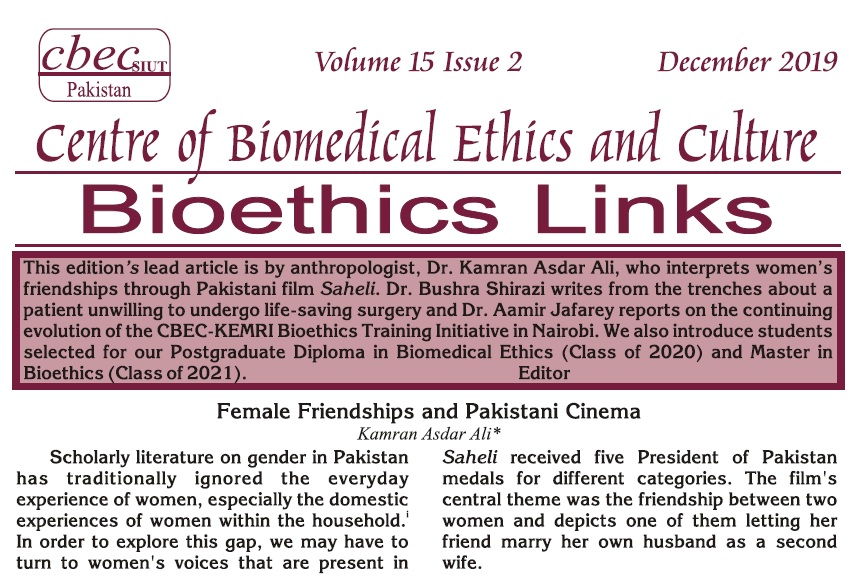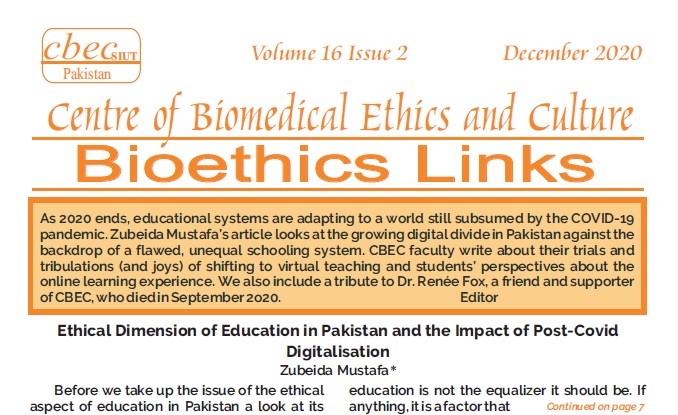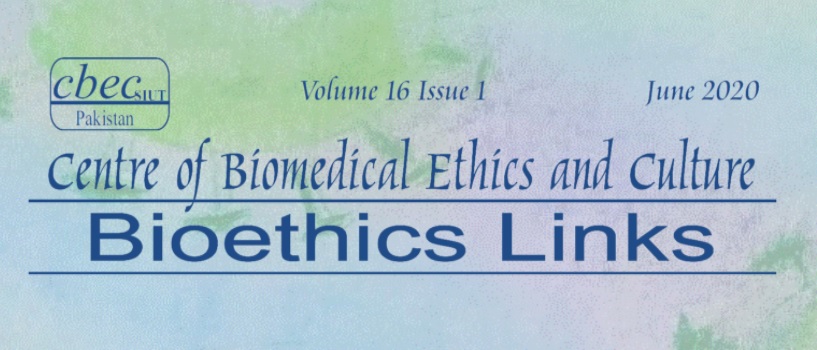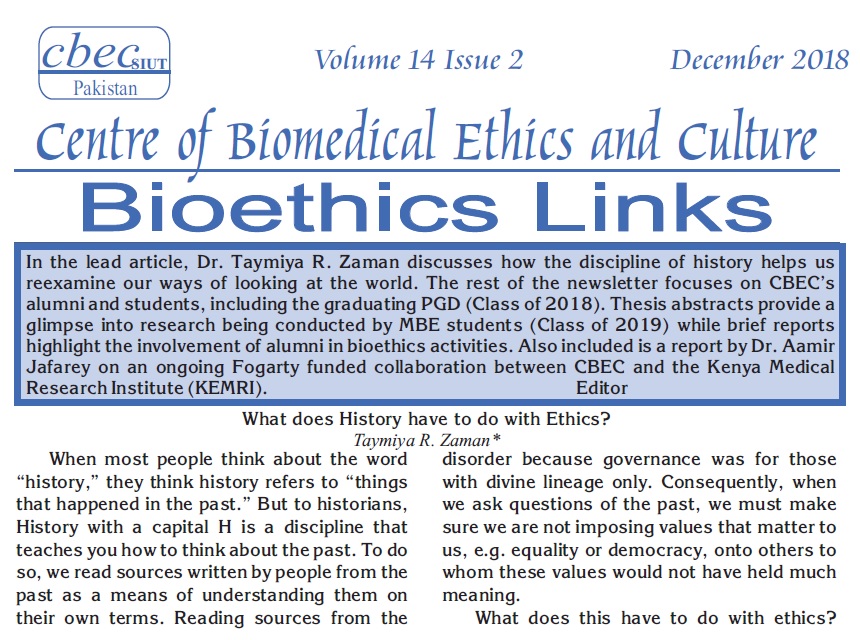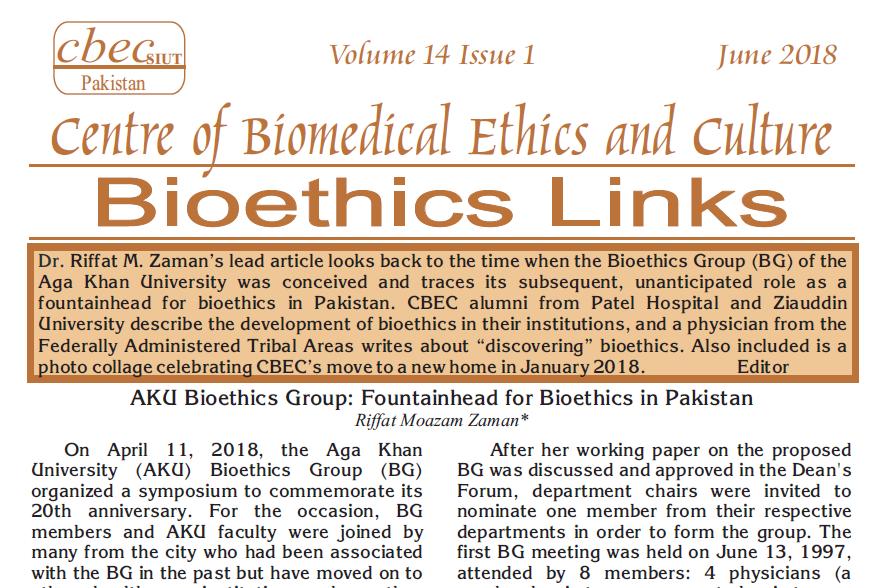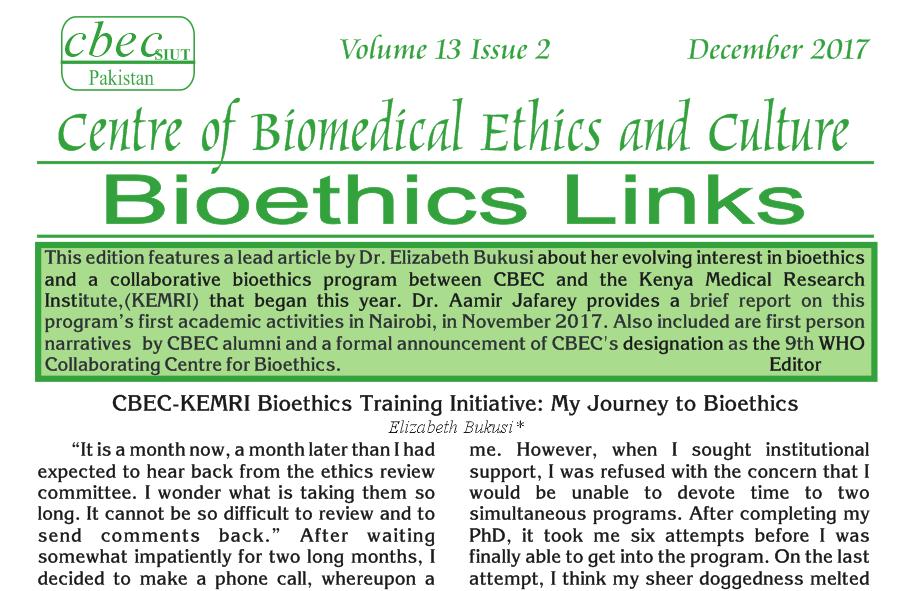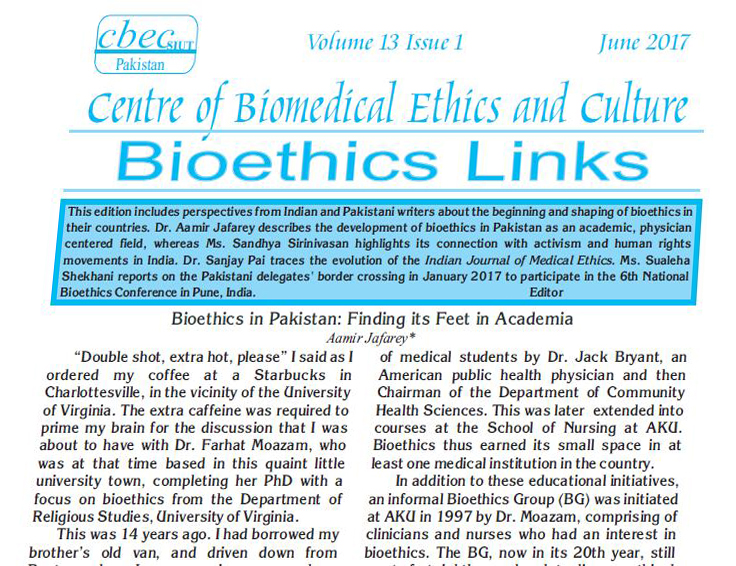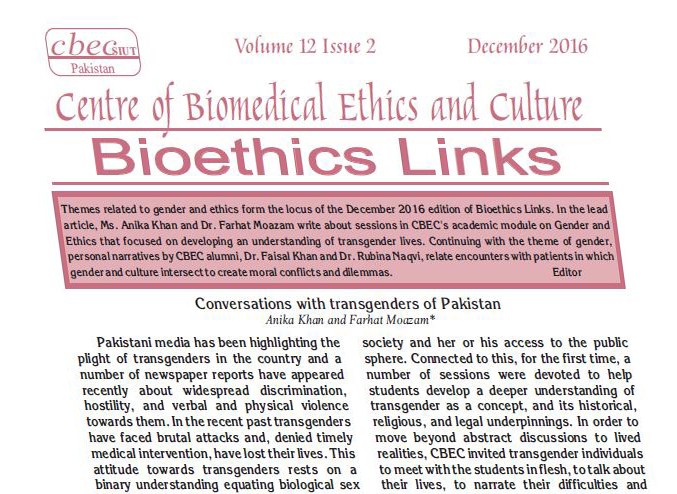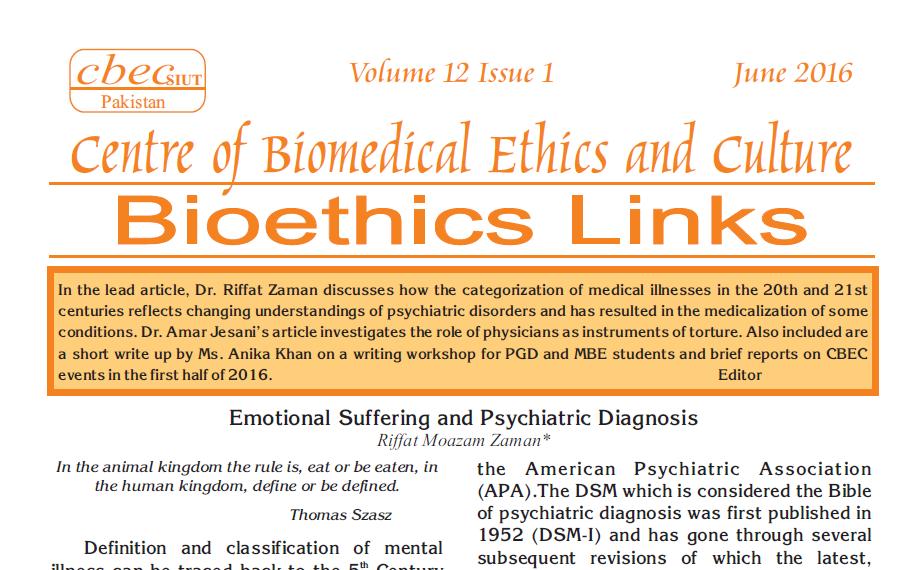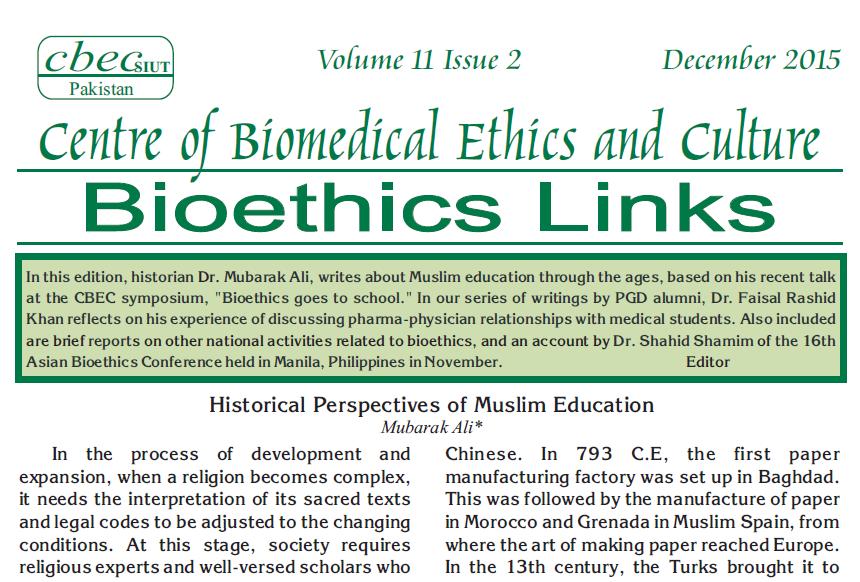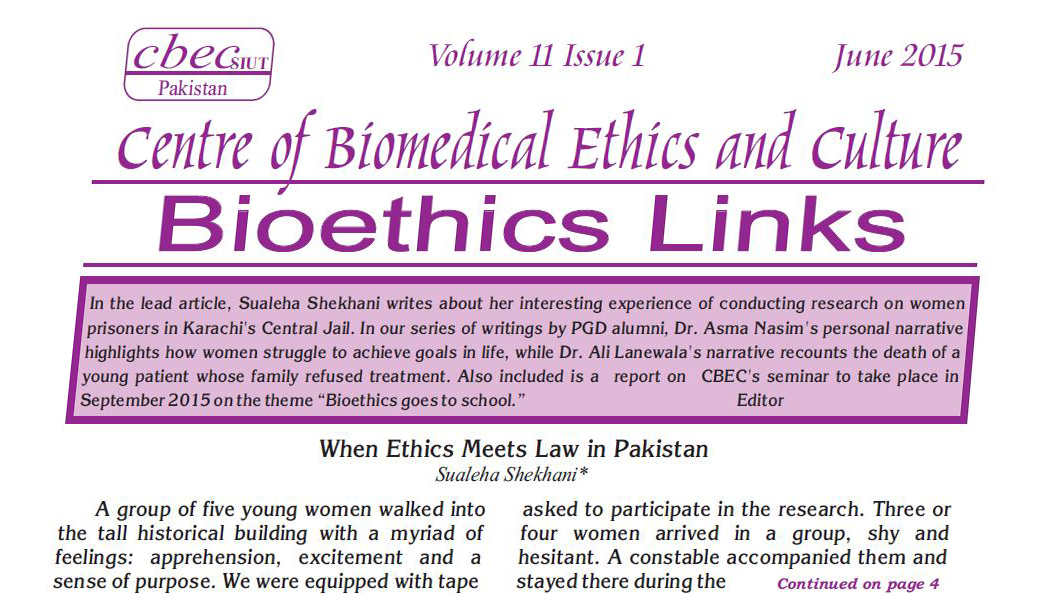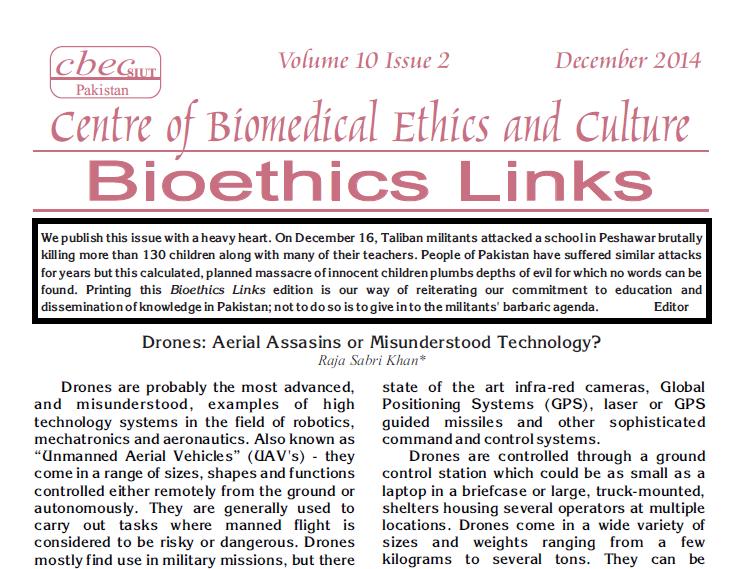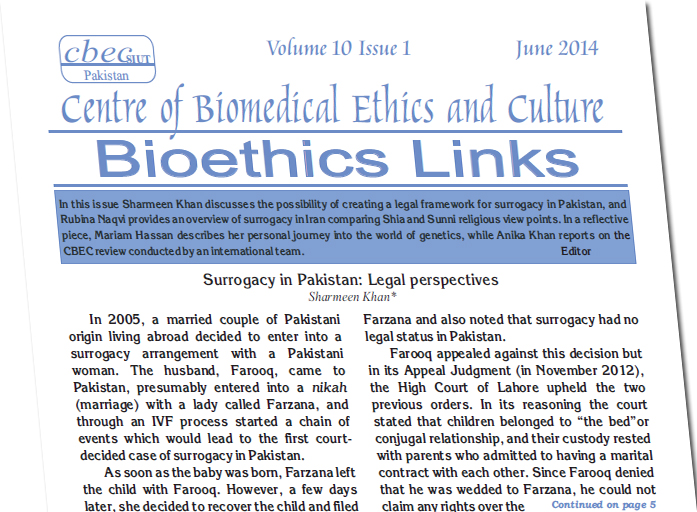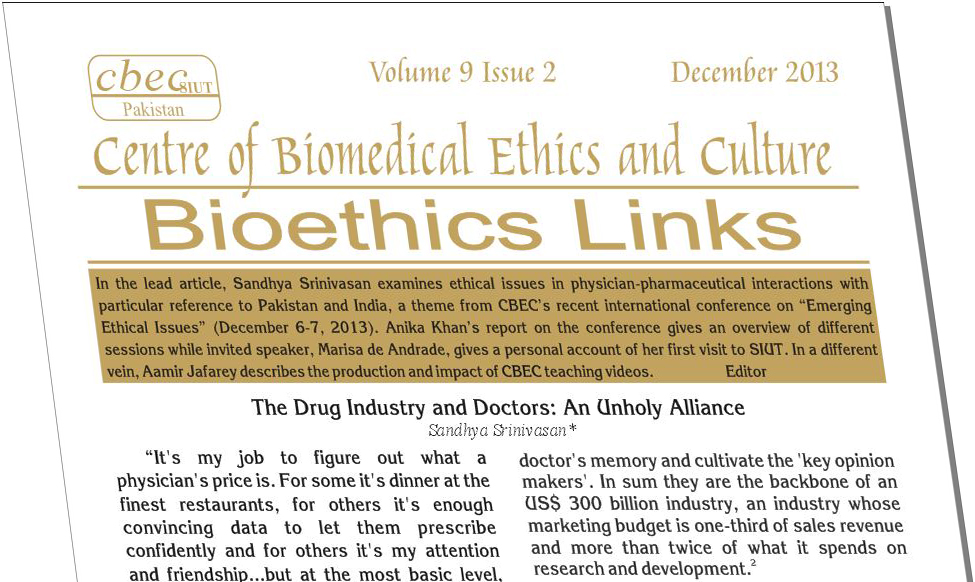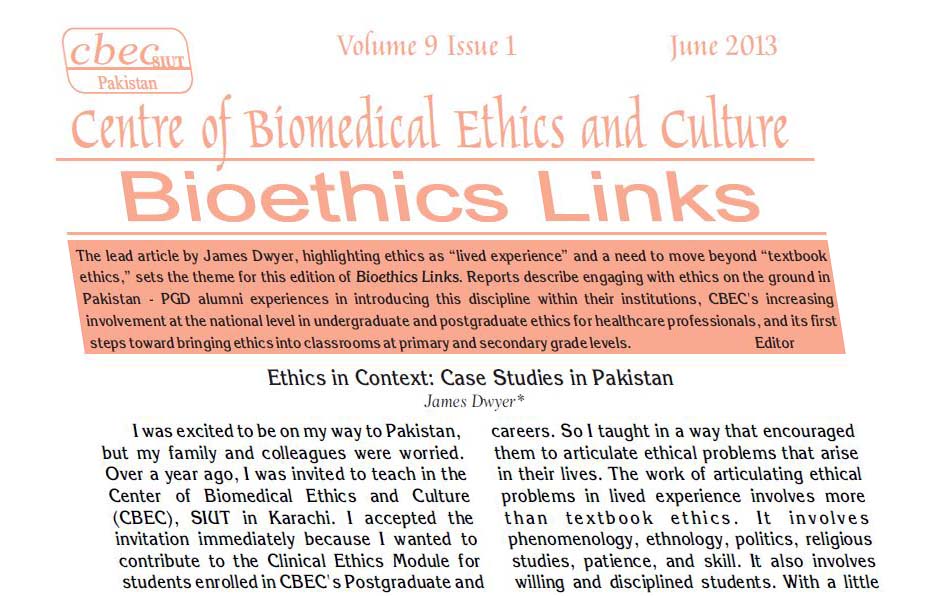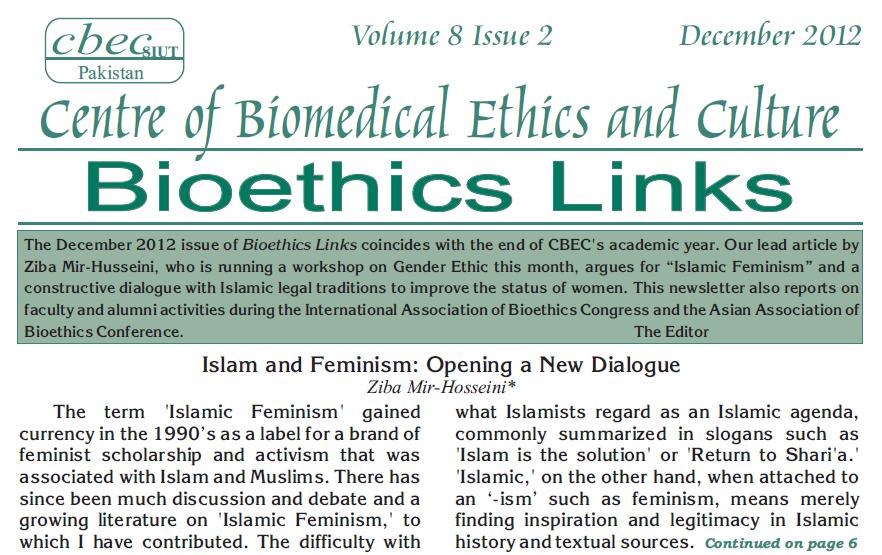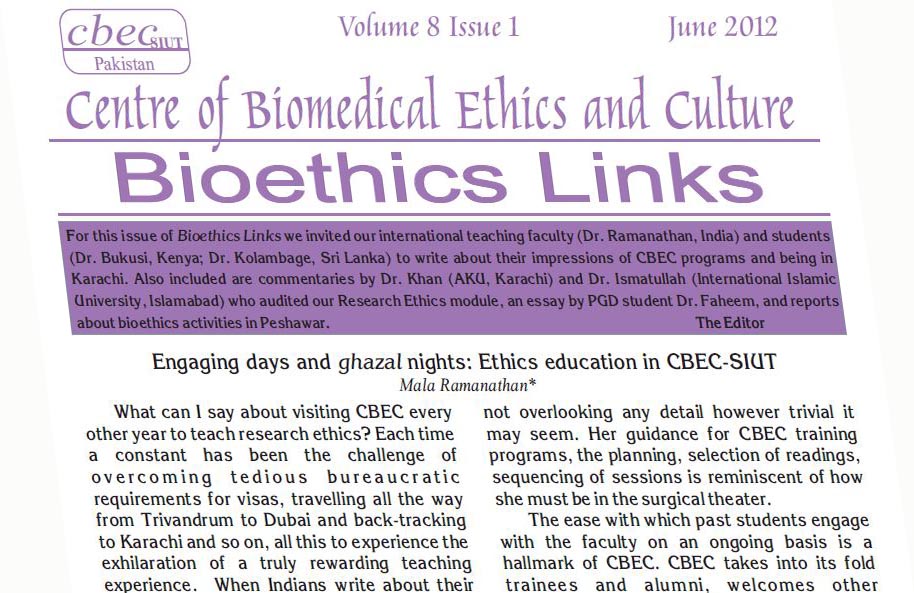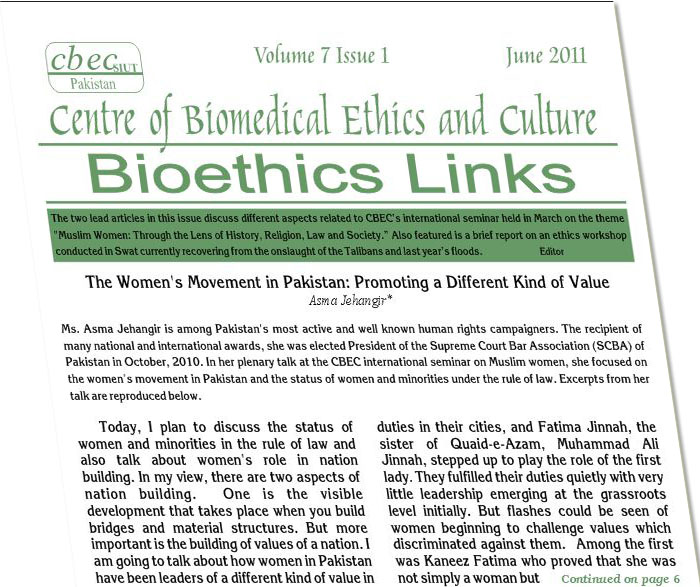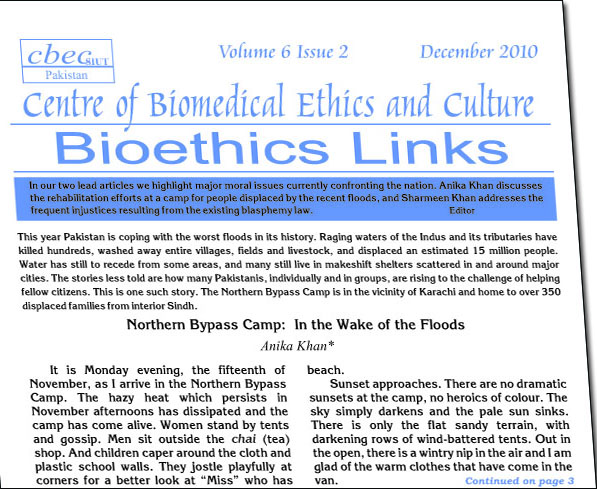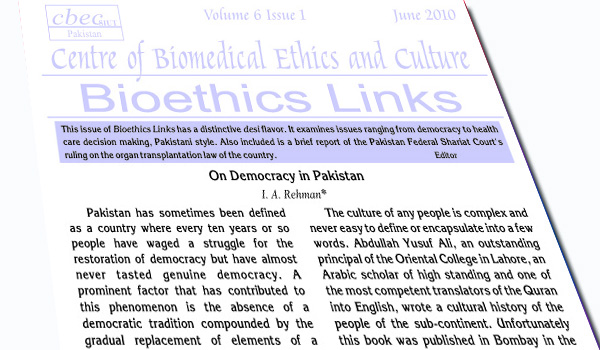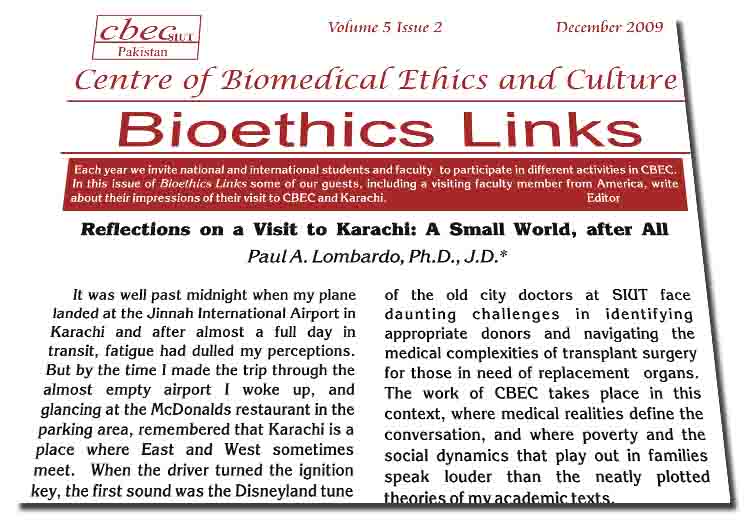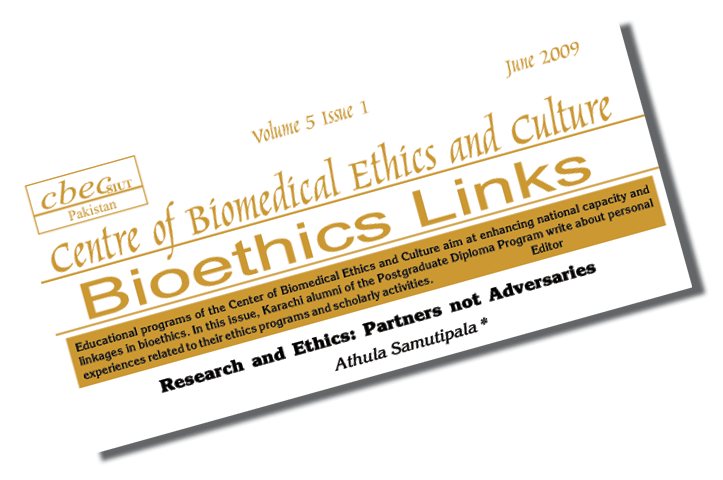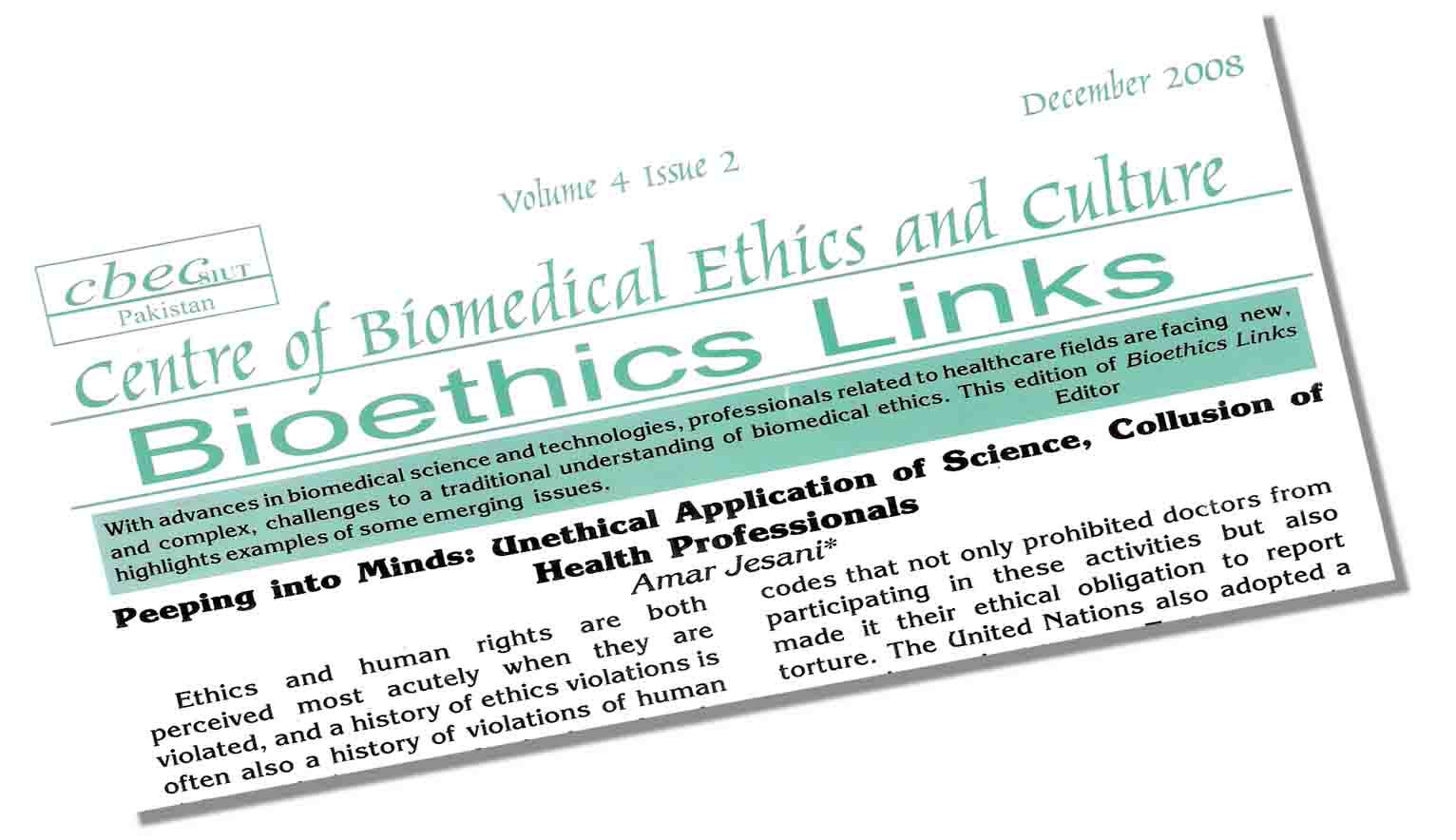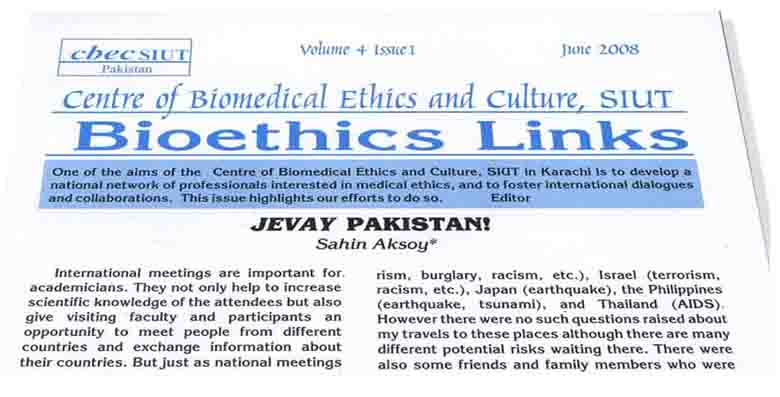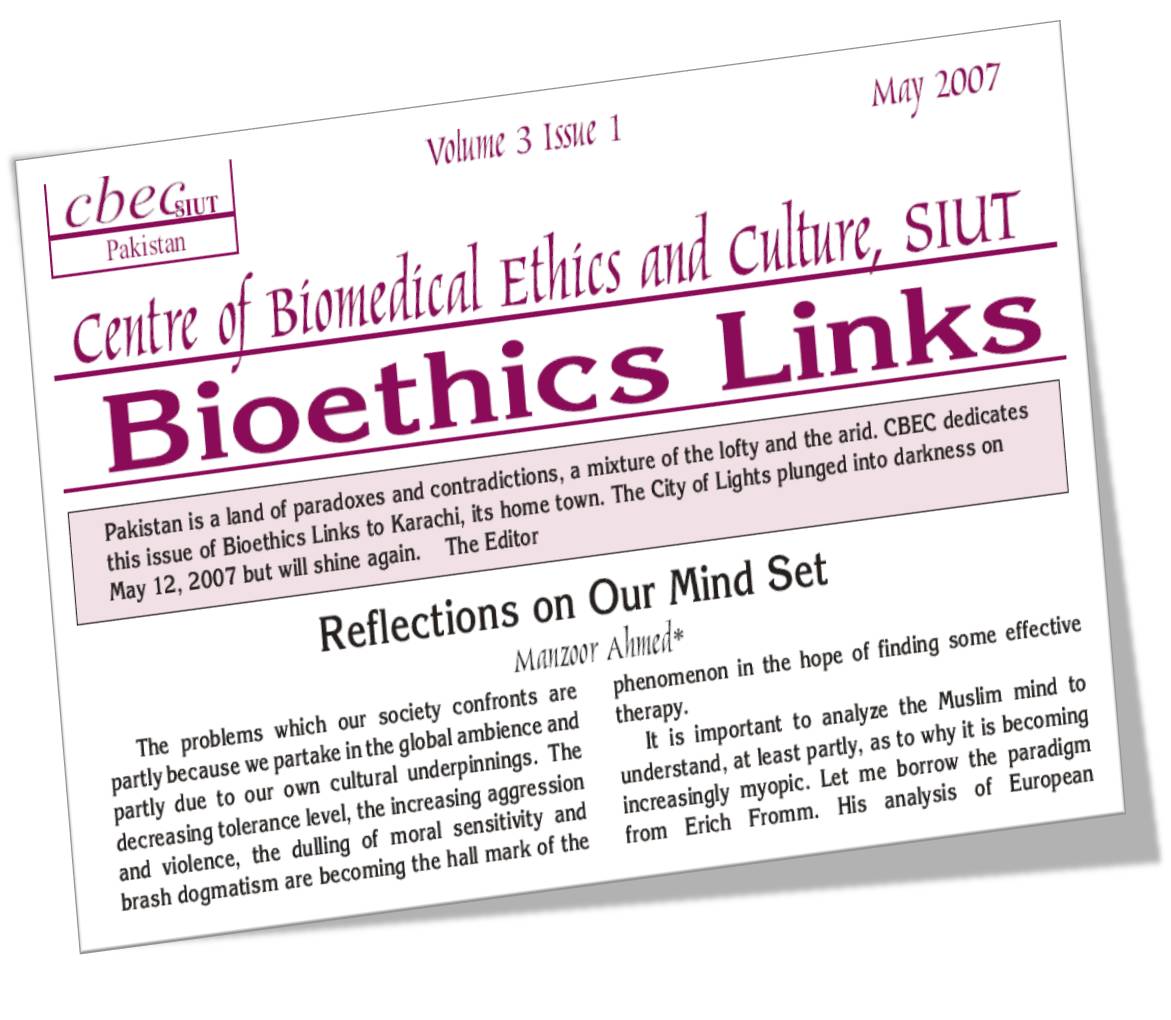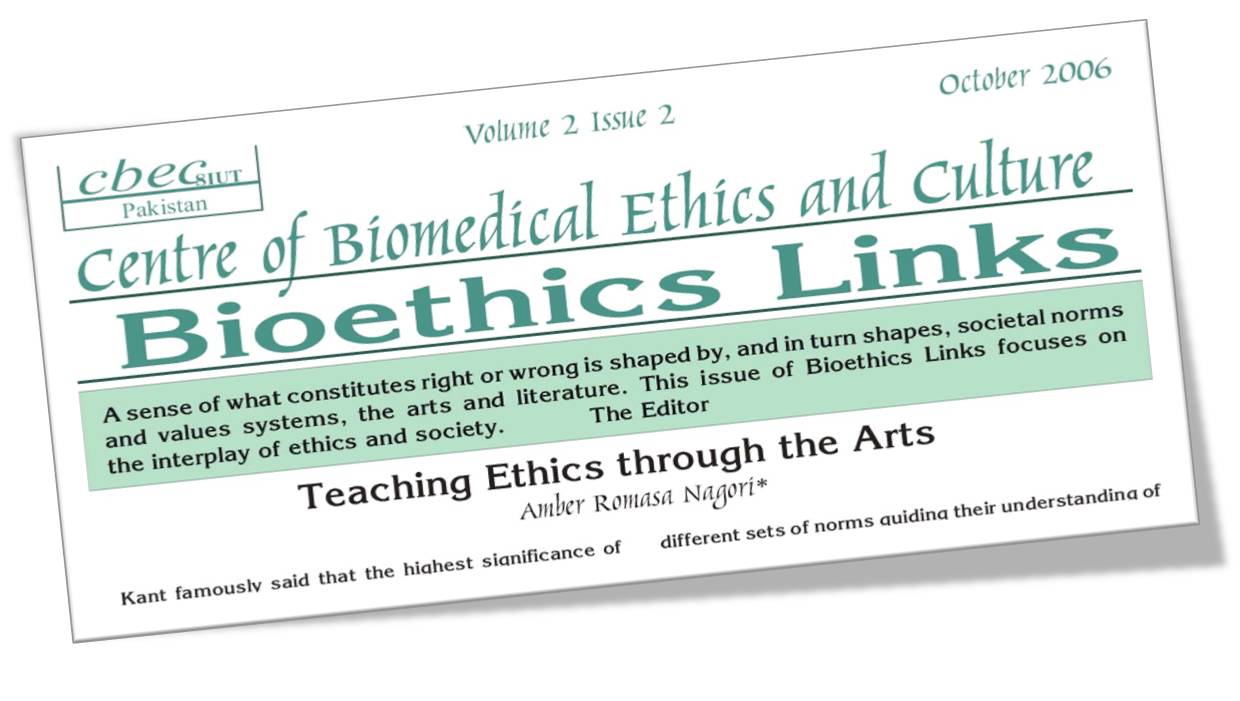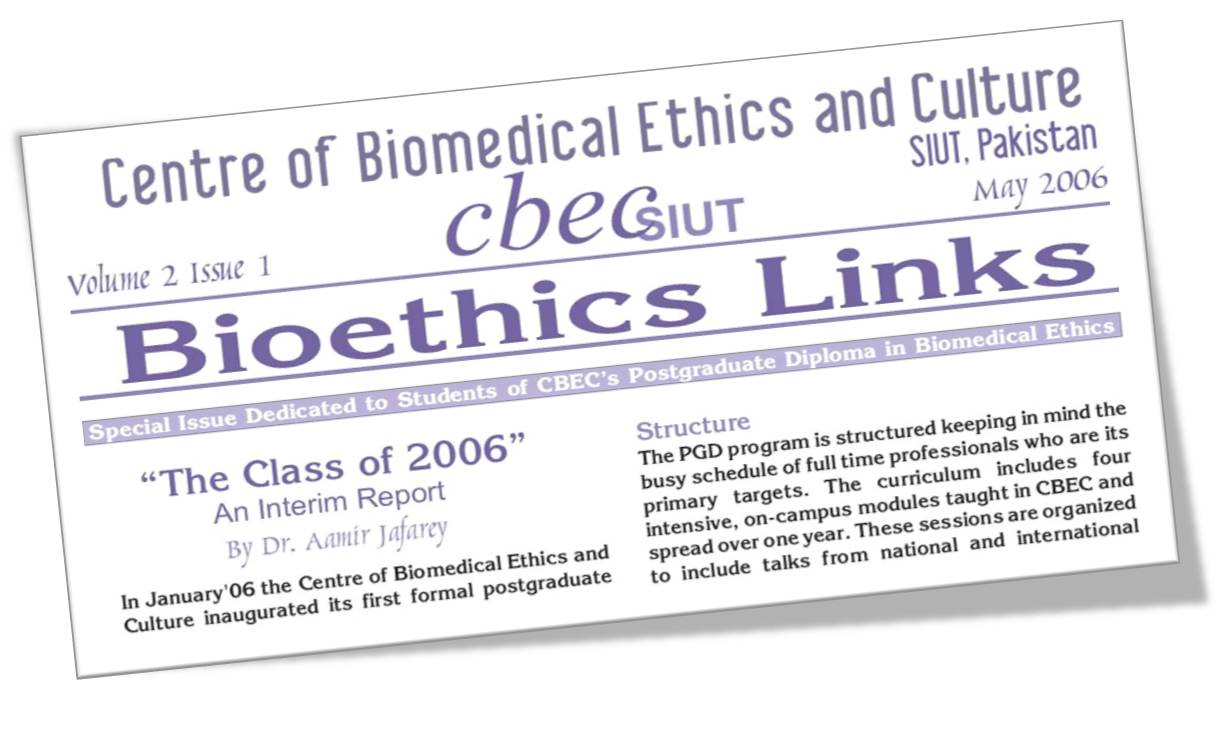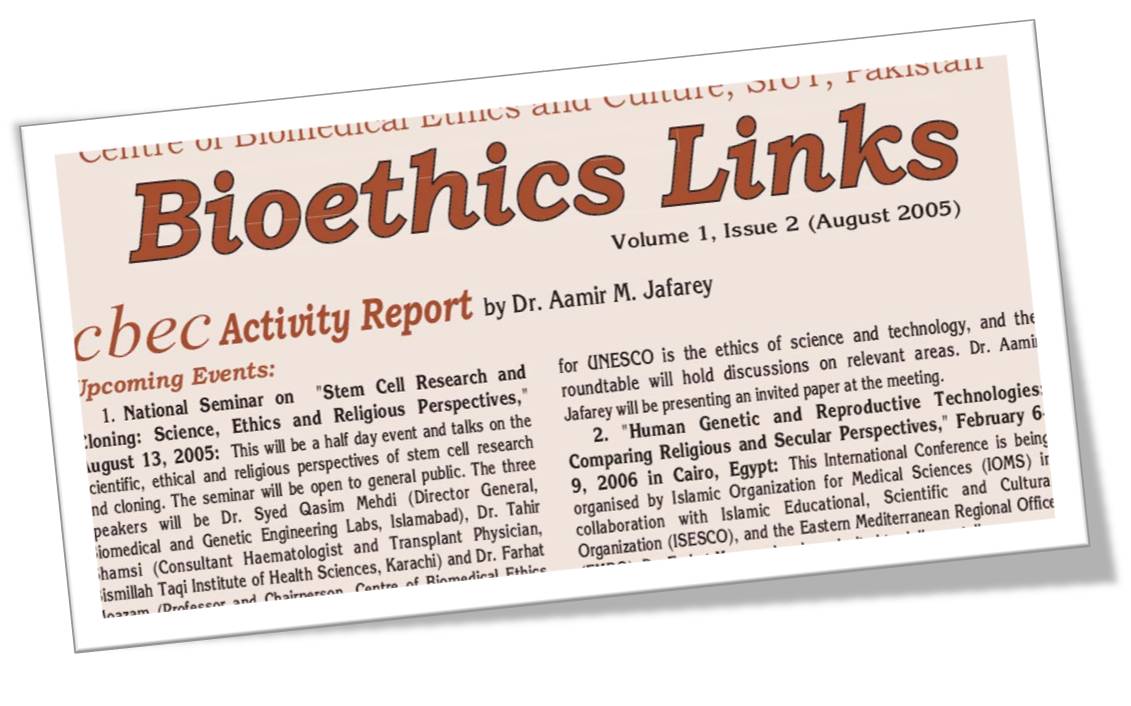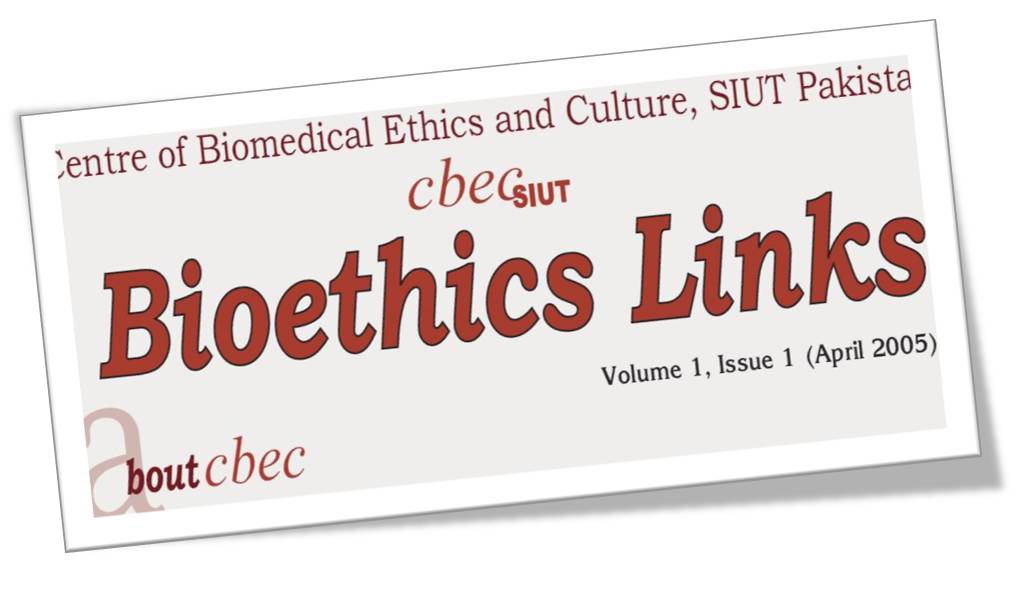The MBE is a blended program which includes both on-campus in-person teaching together with coursework in away periods. Teaching faculty includes both national and international scholars.
The four semesters of the MBE program are spread over two years. The first year of the MBE program involves coursework completed over four on-campus modules. The duration of the first three modules is 2 weeks each (6 days a week) while the last module is generally shorter. The second year is dedicated to the completion of research for thesis under supervision of assigned CBEC faculty.
Required Coursework
Coursework during the two years involves several components. The on-campus component consists of four modules that encompass interactive discussions, seminars dedicated to in-depth discussions of specific ethical topics, ‘pedagogy’ sessions in which the MBEs teach students enrolled in Postgraduate Diploma in Biomedical Ethics program. End of module tests and quizzes are used to assess comprehension of the subject matter taught during each module.
Students are required to submit full length papers connected to all major courses. They also conduct “Directed Research” which involves review and critique of assigned books.
I. On-Campus
Adult learning methodologies are employed in all four modules, with an emphasis on discussion rather than didactic lectures. In addition to tools such as small group work and role play, movies and examples from art and literature are also included to highlight and discuss various ethical themes.
Students are expected to be punctual, maintain full attendance and participate actively in class discussions.
It introduces students to the different epistemological sources of moral traditions. This includes examining the evolution of moral thought from Greeks to the modern times, and the basics of moral traditions in different religions including Islam. Students are encouraged to analyze the similarities and differences between these traditions and to provide constructive critique of each. Sessions also cover the evolution of contemporary bioethics in the 20th century, a result of the explosive growth in biomedical science and technology, and the ethical challenges specific to this situation in low and middle income countries. Sessions are dedicated to historical interactions between ethics and law using paradigm legal cases. Sessions are also devoted to recognizing the importance of humanities (art and literature) in informing and shaping indigenous values in a society.
The second module focuses on introducing students to the dominant Western paradigm of Principlism and its critique within different sociocultural contexts. Students are also familiarized with the importance of virtues in guiding physician-patient interaction, and the concept of microethics which focuses on daily interactions between patients, families and physicians in clinical practice. Emphasis is also placed on real-life Pakistani case scenarios and discussions which are employed to help familiarize students with ethical questions related to reproduction, genetics, end of life issues, medical error and negligence, organ donation, modern healthcare and practice among others. Students are encouraged to bring their cases for discussions in which they have personally faced moral discomfort. Workshops focusing on the basics of hospital ethics consultative services and communication skills also form a core component.
- Research and Public Health Module
The third module is devoted to ethical issues involving human subject research and public health. Students are introduced to the historical incidents in human experimentation and research such as Nuremberg Trials and the Tuskegee Syphilis Study that led to the development of research ethics as a formal field. Research scandals from the LMIC context are also taught including the HPV vaccine trials in India. Specific challenges of conducting ethical research within LMICs are also discussed. Sessions are devoted to the functions of Institutional Review Boards/ Ethics Review Committees, and issues of conflicts of interest including those during interactions with the pharmaceutical industry. An important component of this module also includes distinguishing between public health research and public health surveillance, and the ethical values in conflict when designing and implementing public health measures especially within the context of epidemics and pandemics.
The fourth and last module introduces students to the evolution of feminist movements in the West. Sessions are used to highlight movements for rights of women within Pakistan. Class discussions are also devoted to issues of gender equality within the family and the influence of Muslim fiqh in this area. An integral component of the teaching is to understand the concepts of ‘sex’ versus ‘gender’ and how the biological components interact with social constructs in forming identity of individuals. This includes an understanding of issues related to transgender individuals. Sessions also highlight the role of stereotyping in media in defining gender roles.
II. Away Period Coursework
During this, MBE students are required to submit a minimum of nine mandatory full-length assignments (1200-1500 words) connected to major courses which are graded by faculty. These assignments require in-depth research, analyses and critical review of readings covered during the modules and additional relevant material.
Under ‘Directed Research,’ students are assigned relevant academic and/or literary books to review. The aim is to encourage wider reading habits, promote critical analysis of authors’ ideas and positions, and enhance writing abilities.
MBE students also participate in the faculty moderated CBEC “Bioethics Blog” through postings, comments and participation in discussions with the PGD students.
MBE Thesis
The second year of the MBE program is devoted to completing research and writing a thesis of 15,000 to 18,000 words. Students are provided with faculty supervisors to guide their research and thesis writing. Research conducted must be original in nature involving quantitative or qualitative methodology or using mixed methods. Students are encouraged to pursue topics relevant to issues in Pakistan. Comprehensive literature review and analysis of a suitable, ethics-related topic are also acceptable for the thesis.
The final thesis is submitted for review by the external Thesis Review Committee (TRC) consisting of relevant national and international scholars. If the external TRC finds that the submission does not meet required standards, the student will be required to make necessary changes and resubmit the thesis. If the resubmitted thesis is still found to be below standards, the student will not receive the MBE degree.
However, if she/he has satisfactorily completed and passed all required MBE coursework during the first year, CBEC faculty may recommend to the Department of Medical Education, SIMS that the student be conferred a Postgraduate Diploma in Biomedical Ethics instead.
Assessment Strategies
Continuous assessment which includes full attendance, active class participation, satisfactory performance in “Pedagogy” sessions, Seminars and course related written assignments in the away period. Other modalities include end of module tests that include Multiple Choice Questions (MCQs) and Short Essay Questions (SEQs), and quizzes.
Completion of MBE Thesis and achieving a “Pass” grade as judged by external TRC.
Retention Criteria
- MBE students are required to maintain an average of at least a C Plus grade (65%) in the first four graded assignments to continue in the program. Those unable to do so, despite faculty assistance and counselling, may be dropped from the program.
- MBE students who maintain an average of C Plus grade (65%) through their coursework year but have 3 failures in graded activities may be dropped from the program.
- Students are expected to be present during all days of every module. Per existing policy, absence for any reason may result in being dropped from the program.
Graduation Criteria
In order to be awarded an MBE degree, students must:
- Maintain an average of at least C plus grade (65%) throughout the program.
- Complete all mandatory written assignments satisfactorily.
- Obtain a pass in the MBE thesis.





















